Frequently Asked Questions
1. What is the importance of ergonomics in kitchen knife design?
2. What materials are commonly used for knife handles?
3. What are the benefits of high-carbon steel knives?
4. How can personalized gifts enhance customer engagement?
5. What current trends should knife sellers watch for in the market?
When it comes to creating a kitchen knife that is not only visually stunning but also functional, understanding the science behind knife design is crucial. For culinary enthusiasts and home cooks alike, the right knife can mean the difference between an enjoyable cooking experience and a frustrating one. One of the most overlooked aspects of knife design lies in the fields of ergonomics and material selection. This article will delve into both of these topics, providing insight into how they contribute to an exceptional culinary tool, and how these concepts can enhance your experience when considering personalized gifts for culinary lovers.
Understanding Ergonomics in Knife Design
Ergonomics is the science of designing tools and systems that fit the human body and its cognitive abilities. In the context of kitchen knives, ergonomic design becomes essential for ensuring comfort and safety during use. Here are some key factors to consider:
Handle Shape and Material
The shape and material of the knife handle play a significant role in its ergonomics. A well-designed knife handle should allow the user to maintain a firm grip while minimizing fatigue. Common materials used for knife handles include:
- Wood: Provides a classic look and a comfortable grip.
- Plastic: Lightweight, durable, and often slip-resistant.
- Metal: Offers a modern aesthetic and exceptional durability.
Additionally, the handle should be shaped to fit comfortably in the hand. Curved or contoured handles can reduce strain on the wrist and fingers, making prolonged use easier.
Blade Geometry
The design of the blade itself also affects ergonomics. A well-balanced blade allows for more controlled movements, reducing the risk of hand fatigue. The width and taper of the blade can influence cutting efficiency as well. A thinner blade might be ideal for precision tasks, while a thicker blade can provide stability for heavy chopping.
Importance of Material Selection
Materials used in knife manufacturing go beyond aesthetics; they significantly impact the knife's performance and longevity. Let's explore some common materials used in knife production:
Stainless Steel
Stainless steel remains the most popular choice for knife blades due to its corrosion resistance and ease of maintenance. It can maintain a sharp edge well, making it suitable for everyday use. However, not all stainless steels are created equal—high-carbon stainless steel combines durability with edge retention.
High-Carbon Steel
High-carbon steel knives boast excellent sharpness and edge retention but require more care to prevent rusting. For those who enjoy personalized gifts for culinary lovers, a high-quality high-carbon steel knife can showcase the perfect blend of functionality and beauty.
Damascus Steel
One of the most sought-after materials in high-end knives is Damascus steel. This material is known for its unique patterns and exceptional strength. The layers of different metals create not only a stunning visual but also a versatile cutting tool. Personalized gifts made from Damascus steel combine art with usability, ensuring culinary enthusiasts will cherish them.
Balancing Functionality and Aesthetics
While functionality is vital, aesthetics also play an integral role in knife design. A beautiful knife can elevate the experiences of cooking and gift-giving. Craftsmen and designers are increasingly blending ergonomic designs with stunning visuals to create knives that are as pleasing to the eye as they are to use.
Custom Designs and Personalized Touches
Personalized gifts often carry more meaning than standard items. Custom knife designs can include engraved handles or unique blade patterns, giving them an intimate touch. Providing personalization options might be an effective way to enhance customer satisfaction and increase engagement on your Shopify store. Customers tend to appreciate the opportunity to make a gift truly their own.
The Role of Weight and Balance
Another crucial aspect of knife design is weight distribution. A well-balanced knife feels stable in hand, which is vital for precision cutting. Each knife user may have a preference for weight, some gravitating towards heavier knives for their stability, while others may prefer lighter options for agility.
Experimenting with Weight
To discover your perfect knife weight, take the time to experiment with different styles in a store or ask around in your culinary community. Brands that offer customizable weight options can cater to a broader audience, further enhancing your Shopify store's appeal.
Environmental Considerations in Knife Material Choice
As environmentally-friendly practices gain traction, many manufacturers focus on sustainable materials for knife production. Sourcing wood from managed forests or using recycled stainless steel not only appeals to eco-conscious consumers but also adds value to those seeking personalized gifts with a conscience.
Highlighting Sustainable Options
As a store owner, promoting eco-friendly knife options may attract more consumers. Offering descriptions and benefits of sustainable materials can emphasize your commitment to environmental responsibility, further establishing credibility and trust with your audience.
Live Cooking Demonstrations and Consumer Engagement
Engaging your customer base through live cooking demonstrations offers an excellent platform to showcase the ergonomics and materials of different knives. People who can see the functionality of your knives in action are likely to be more engaged and purchase them confidently. Such interactive experiences not only help familiarize potential buyers with knife features but also build a sense of community among cooking enthusiasts.
Creating a Community of Culinary Enthusiasts
Incorporating social media and online forums to create a space for enthusiasts can encourage users to share their experiences, exchanged tips, and overall knowledge about knife usage. Consider tagging your posts with relevant hashtags, especially those involving personalized gifts, to expand your reach.
Gathering Customer Feedback
Creating opportunities for customers to share their feedback about knife performance and design adds value to your offerings. Actively involving customers in the product development process can help refine your product selection. Encourage them to share their thoughts online, which can improve customer loyalty and brand awareness.
Spotlighting Customer Reviews
Displaying customer reviews and testimonials not only builds trust but can also help guide new customers toward the best choices for their personalized gifts. User-generated content can create a sense of authenticity, making potential buyers more likely to convert.
Stay Ahead with Trends
As knife design evolves, staying informed about emerging trends can help maintain the freshness of your offerings. Look out for trending styles, materials, and ergonomic designs that may capture consumer interest. By continuously innovating your product line, your Shopify store can gain a competitive advantage in an ever-changing market.
Emergence of Smart Knives
One trend to keep an eye on is the integration of technology into kitchen tools. Smart knives with built-in features—like temperature sensors or measuring guides—are gaining traction. For tech-savvy culinary enthusiasts, these offerings can serve as memorable personalized gifts.
Building a Legacy in Knife Design
Ultimately, a successful knife does much more than chop and slice; it tells a story. The blend of ergonomic design and appropriate materials leads to an unparalleled cutting experience. As a store owner, consider the individual stories associated with personalized gifts, extending each transaction into a cherished memory.
By strategically applying these insights into ergonomics, materials, and overall knife design, you can elevate not only your products but also the entire cooking experience for your customers. Cultivating a brand that stands at the intersection of functionality and aesthetics sets the stage for success in the gourmet kitchenware market.
So, as you continue to build your Shopify store, remember that the perfect knife is more than just a tool—it's a pathway to culinary artistry, and with a focus on personalized gifts, your brand can complement every chef's journey.
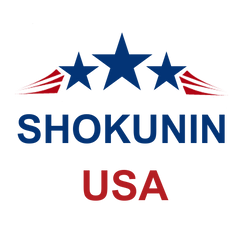




































































































































































































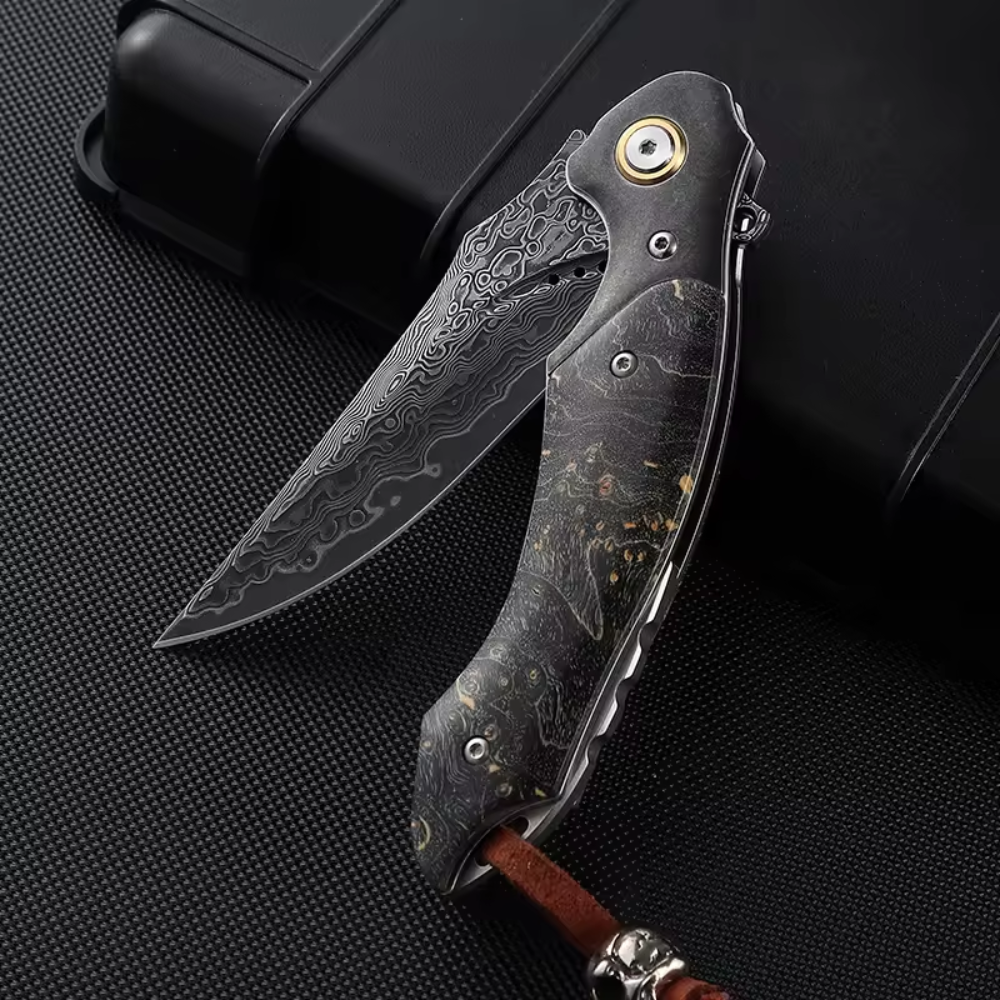
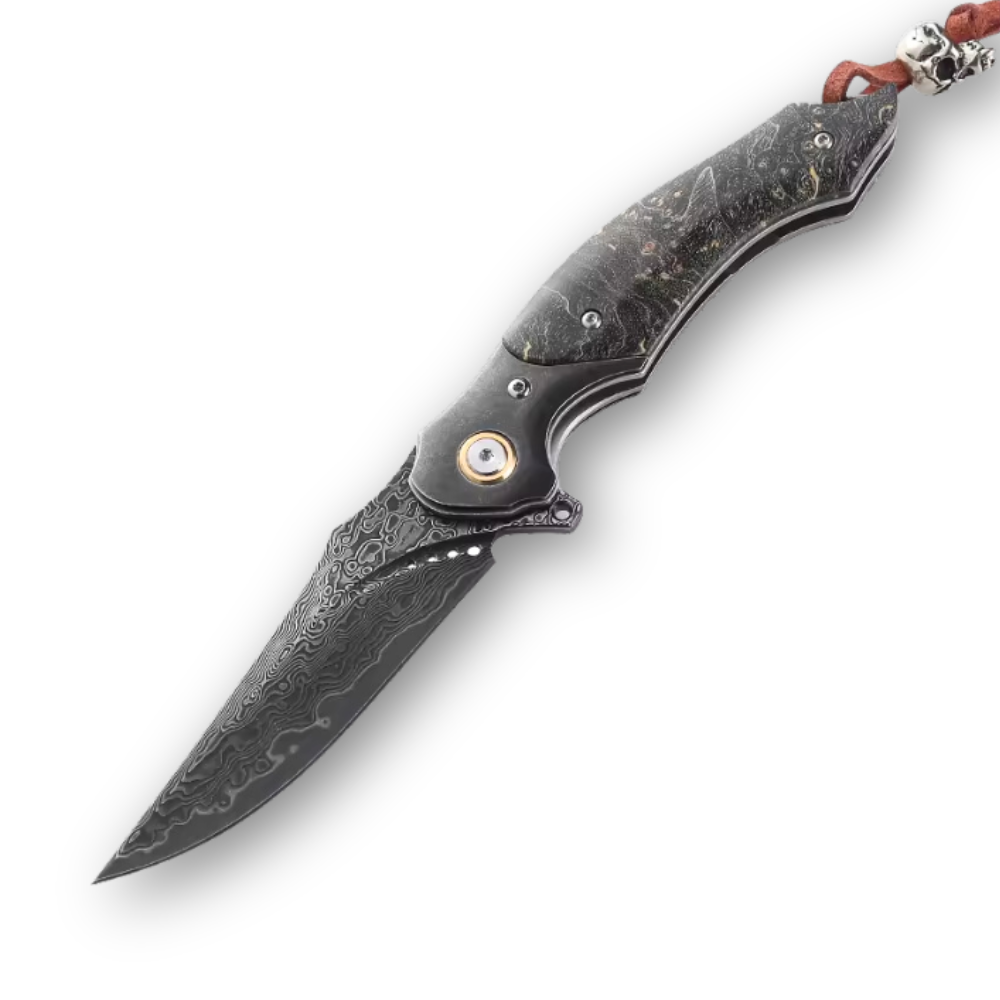
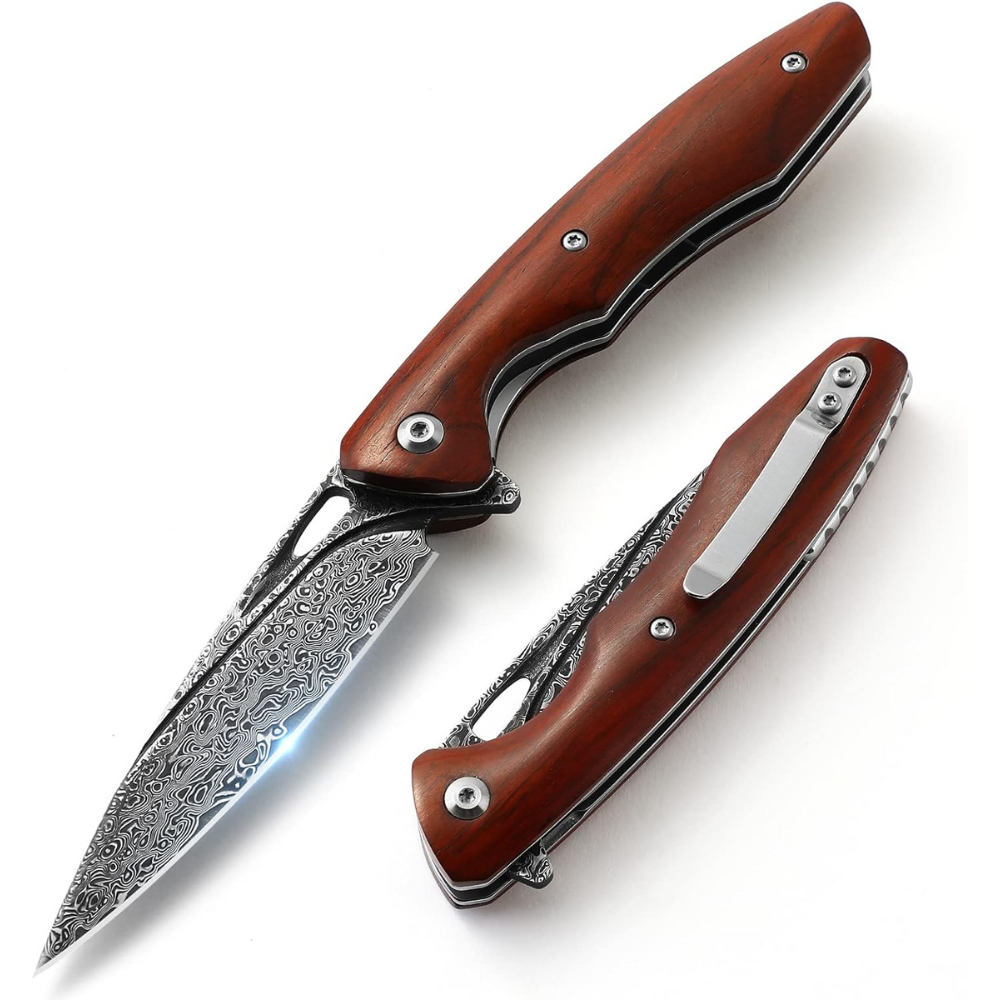
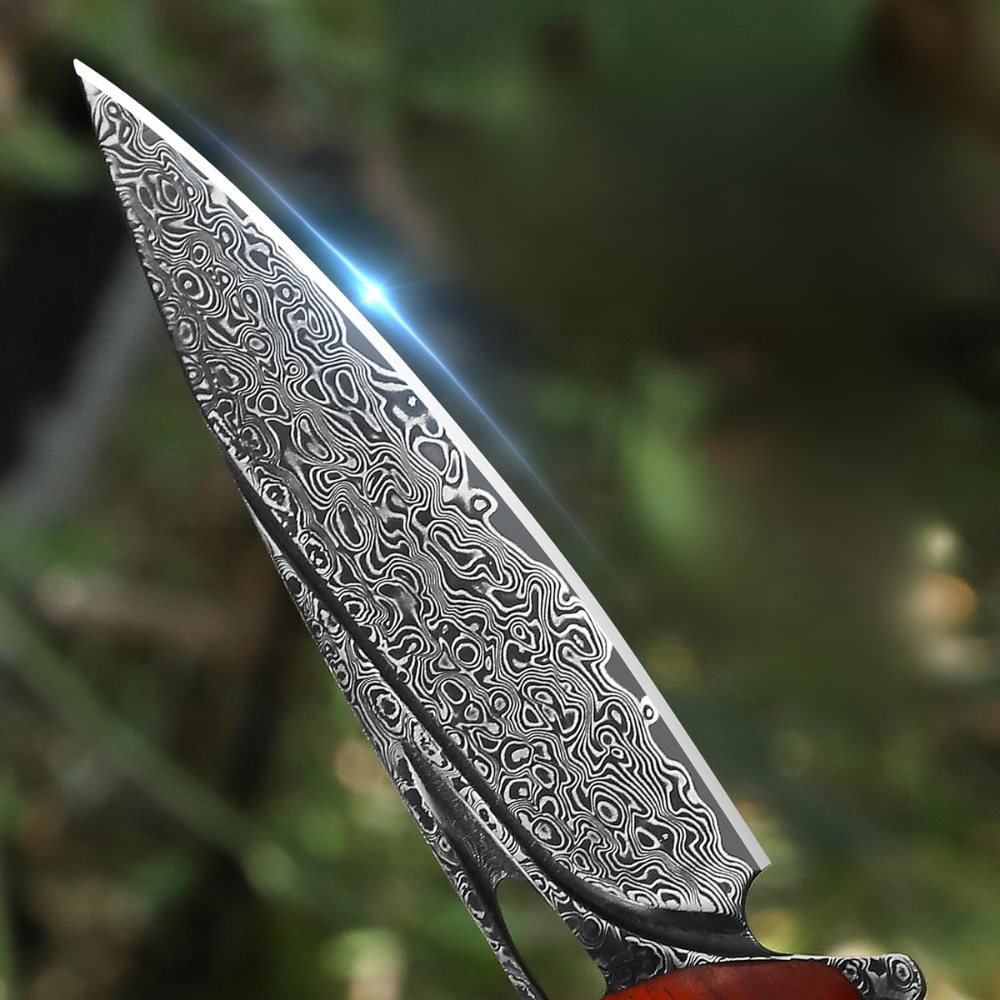








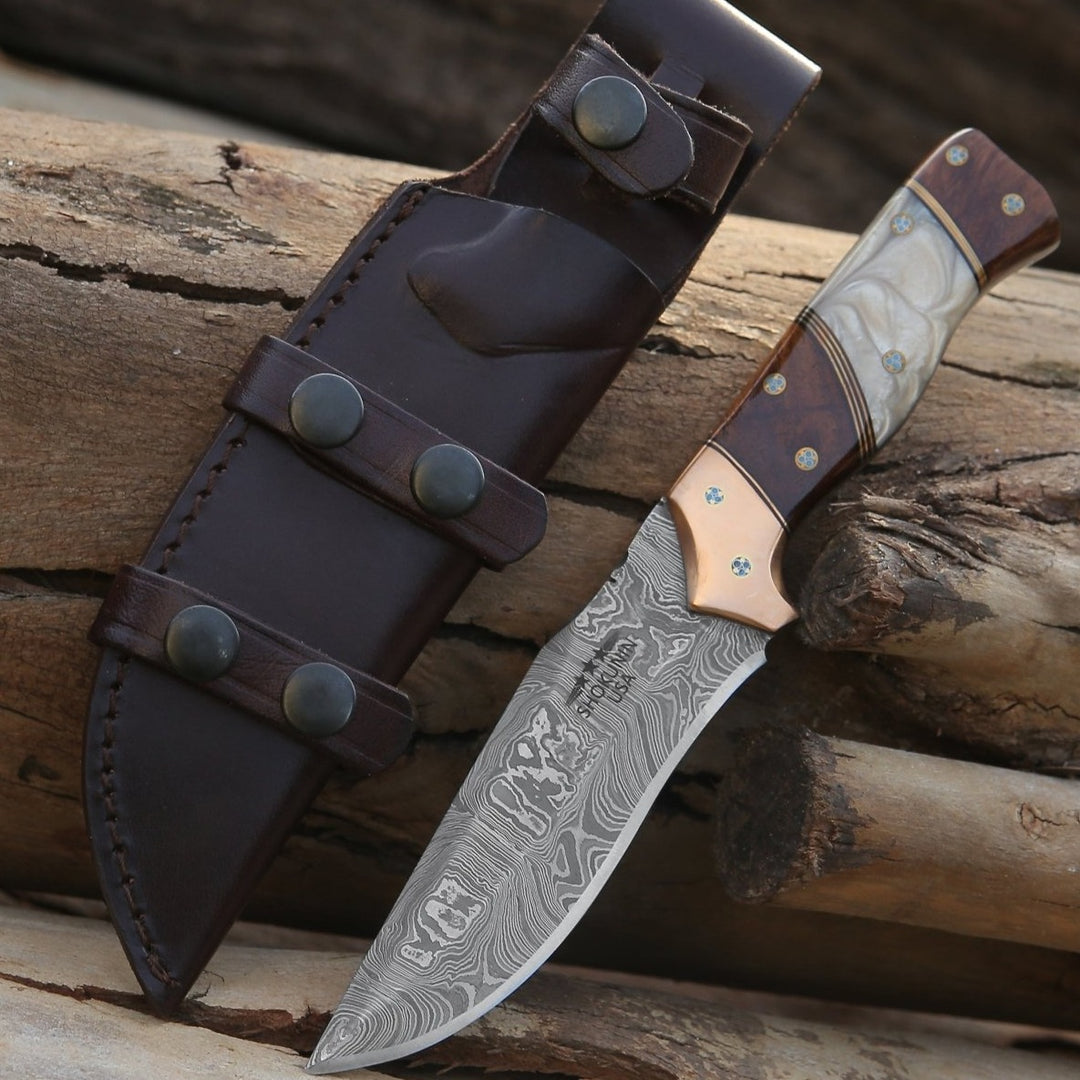
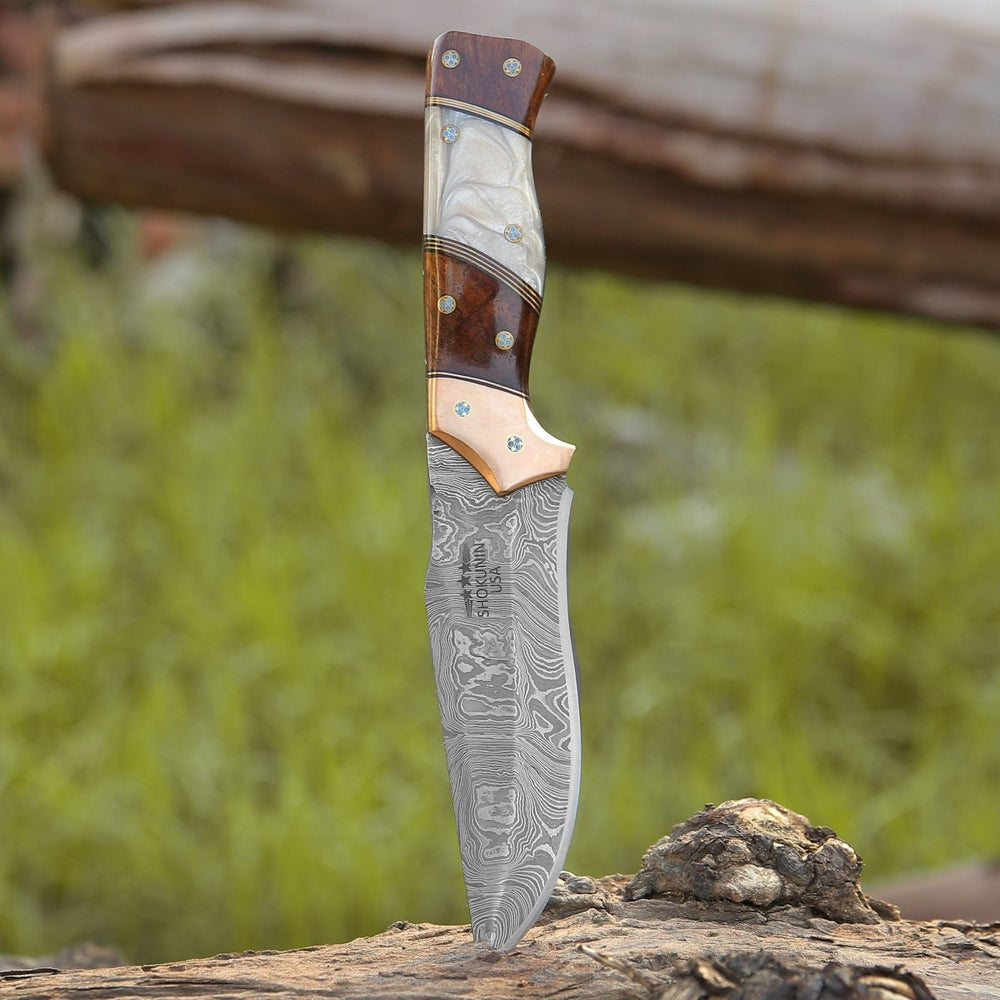


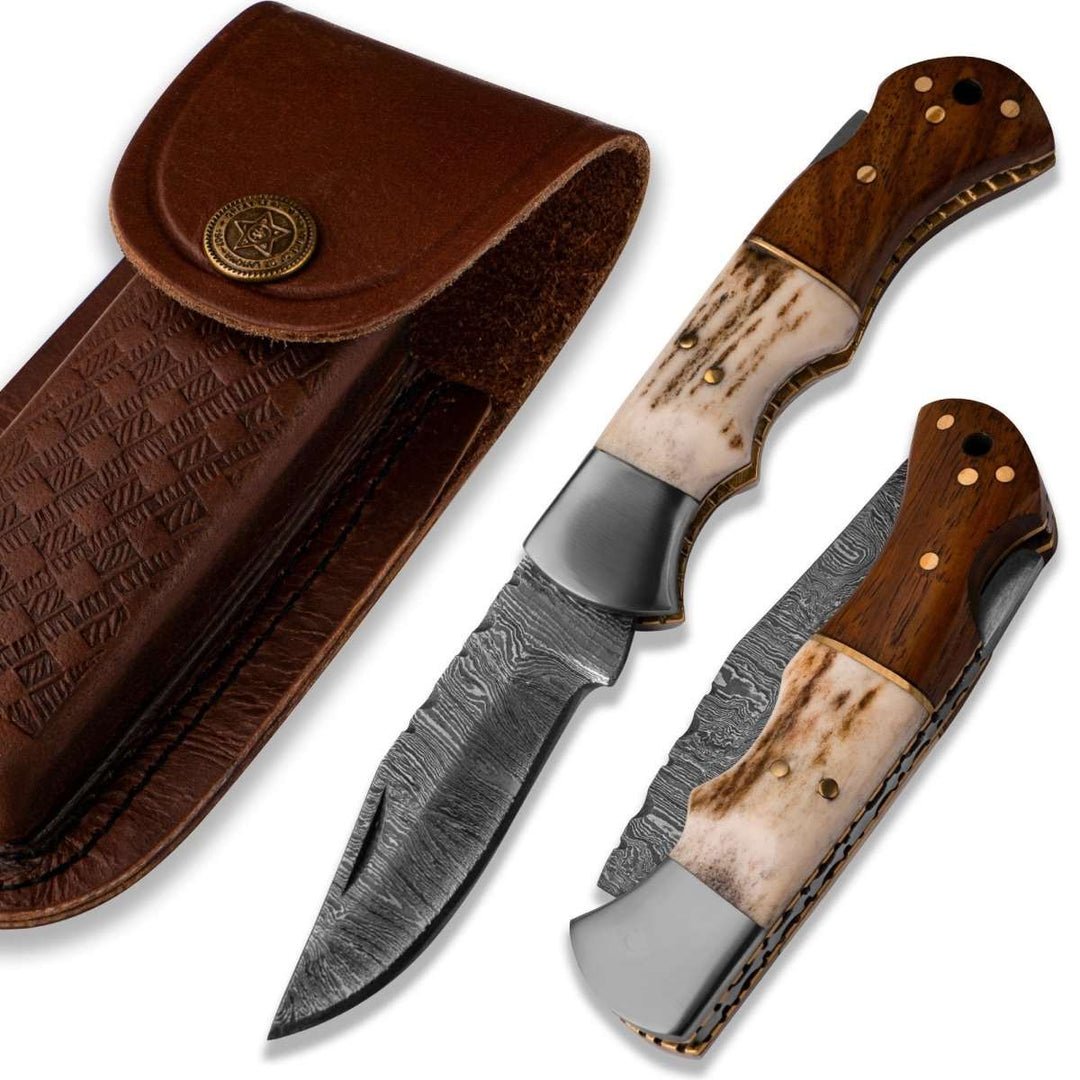
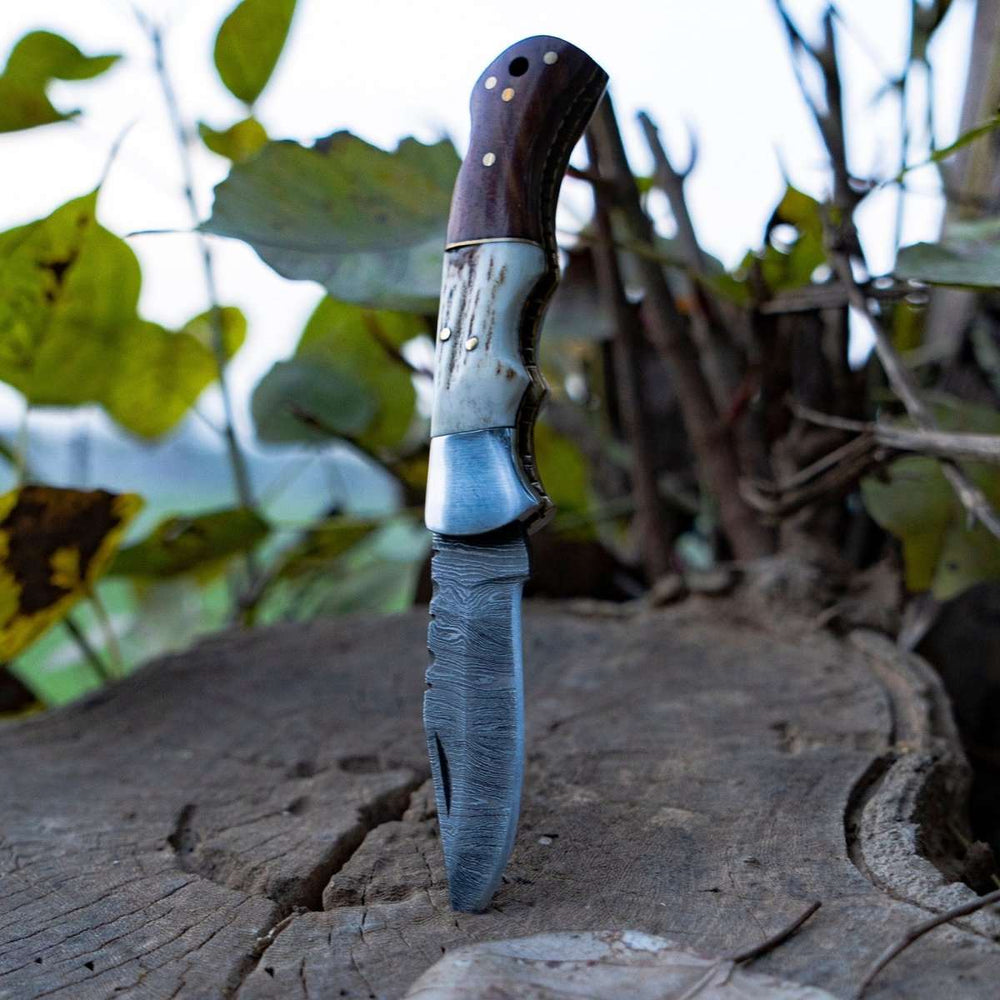




Leave a comment